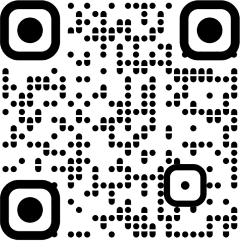
An audit commissioned by Volkswagen into its jointly owned site in Xinjiang, China, failed to meet key aspects of the international standard the German carmaker’s auditor said it had set for the process, the Financial Times reported on Thursday.
The FT, which obtained a full report of the audit that was conducted last year, found interviews with workers which should have been confidential were live-streamed to a law firm’s headquarters in Shenzhen, southern China, and only managers were asked questions related to forced labour.
Investors demanded last year that the carmaker conduct an independent audit of labour conditions at the site, jointly owned by SAIC, in the Xinjiang region, where rights groups have documented abuses including mass forced labour in detention camps. Beijing denies any such abuses.
Volkswagen did not immediately respond to a request from Reuters for comment. It told the FT that the SA8000 standard had only been used by the auditors as a “basis” but that “full examination of all points mentioned in the standard were necessary”.
The audit report, a summary of which was released late last year, found no signs of forced labour, although the auditor added that the challenges of data collection in China, including in interviews, were widely known.
Volkswagen said at the time that the German human rights due diligence firm it hired, Loening Human Rights & Responsible Business GmbH, applied the SA8000 standard, a management systems standard based on international human rights principles which assesses eight areas including child labour, forced labour and health and safety.
However, the FT found that neither Loening nor Chinese law firm Liangma, also listed in the report as involved, were accredited to carry out SA8000 audits, according to a list compiled by Social Accountability International, the standard-setting body.
The FT said Loening declined to comment, while Liangma and the two lawyers involved in the audit did not reply.
The carmaker said in a press statement in December that whilst it did not receive an official SA8000 certification, “alternative ethical guidelines and management reviews ensured that the standards were maintained.”
Several senior Loening staff had distanced themselves from the audit, and some VW investors reacted cautiously to the results, urging the carmaker to run further checks on the plant.
The audit report was also obtained by Germany’s Der Spiegel and ZDF.

